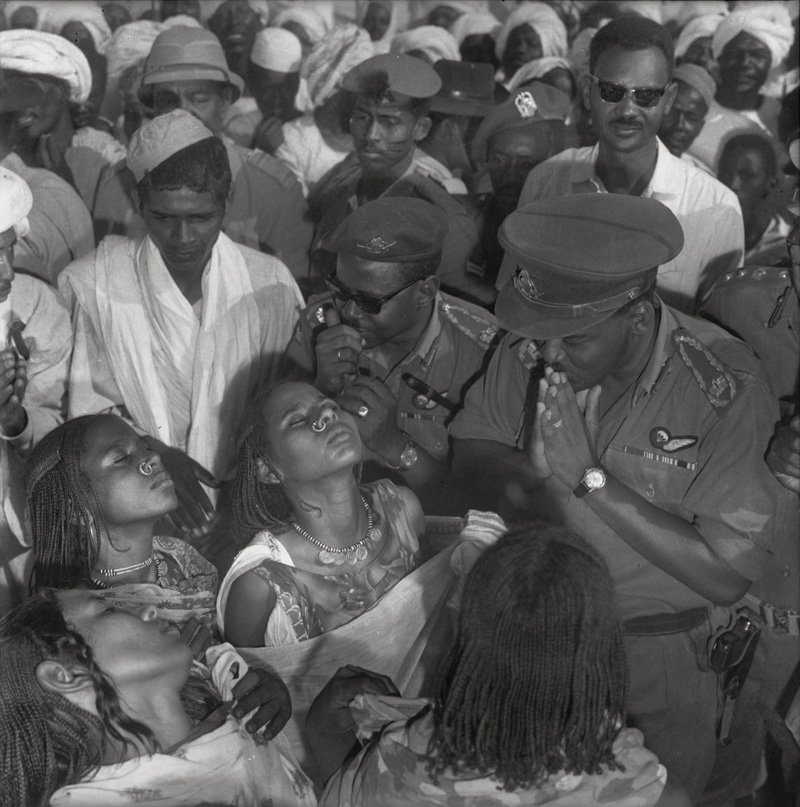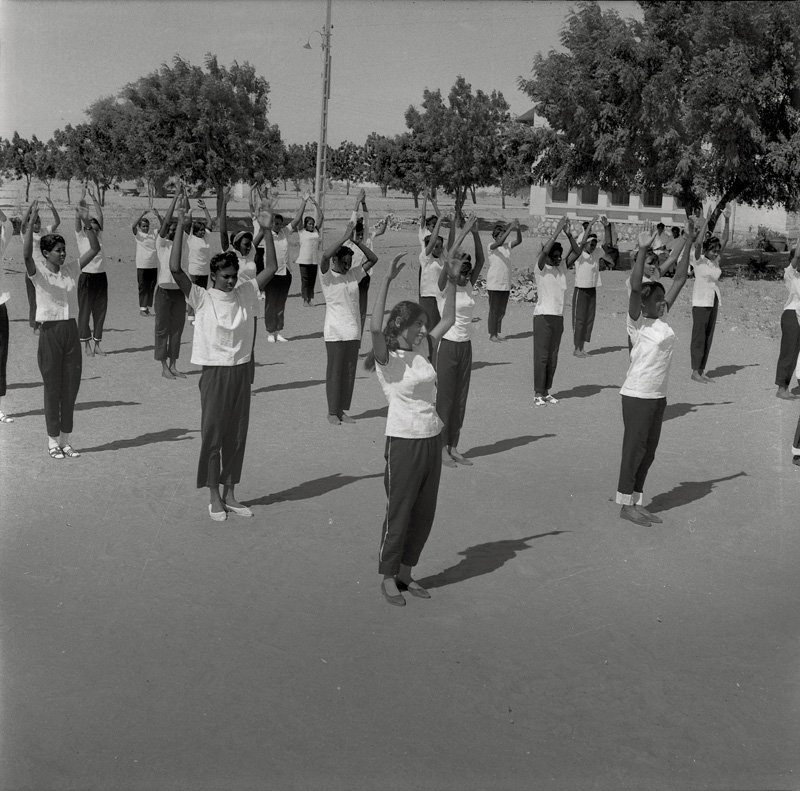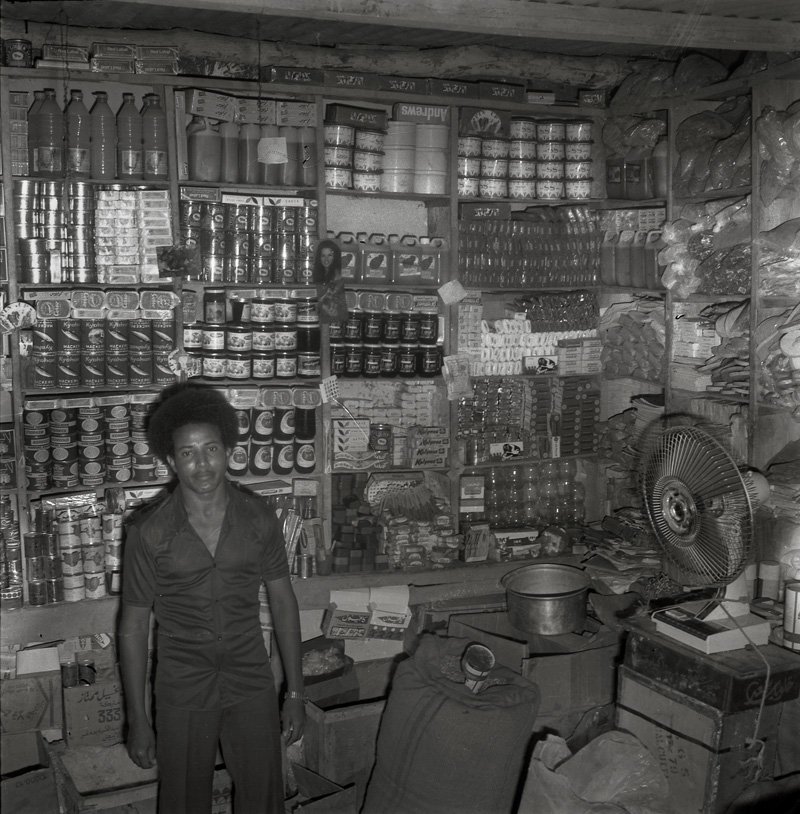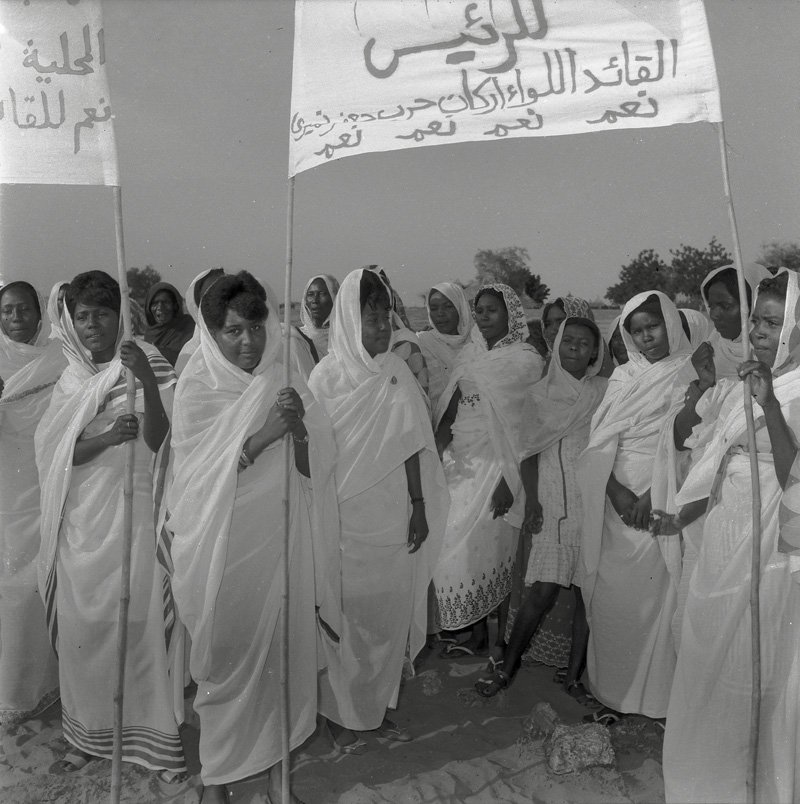The Crucial Role of Palestinian and Sudanese Artists in Resistance Movements
I often think of this quote by Nina Simone: “An artist's duty, as far as I'm concerned, is to reflect the times.” Right now, more than ever, it’s transparent which artists have actually fulfilled this duty. And as we watch genocide and ethnic cleansing continue to unfold in countries such as Palestine and Sudan, we look at the people in power and think to ourselves, “What are you even good for?” Who will authentically speak for the people — Not on a podium with vague language and half-truths?”
Reflecting on the Arab and African artists who have created lasting impressions in art during adversity, my mind immediately draws back to 1967. When Fairuz released “El Kod’s El Atika” or “Jerusalem in My Heart.” My mother still recalls her middle school class in Morocco would sing it during school recitals. It’s a song that touches on the old streets of Jerusalem, the beauty of the shops and reminisces on one of the holiest cities. A nostalgia that can rarely be replicated. Arab and African artists and writers have long been at the forefront of resistance movements, using their talents to challenge oppression, humanize the oppressed, and overall push for action and solidarity against colonial, political, and corporate powers.
Artists such as Nemahsis, Saint Levant, and Elyanna are just a few of the Palestinian artists not afraid to create mesmerizing art and music genuinely highlighting the times we live in. I wanted to share some of my favorite artwork, poetry, and photography by artists who have profoundly used their raw emotions to showcase the faces behind the wars.
Mahmoud Darwish
Mahmoud Darwish, one of the most esteemed poets in the Arab world and regarded as Palestine’s national poet, has eloquently written over 30 volumes of poetry in his lifetime. His works have transcended globally, and he has written various poems on his homeland of Palestine, identity, resistance, love, and loss. In 1964, Darwish released “Identity Card,” an extraordinary resistance literature piece where a Palestinian man interacts with an Israeli officer. Years later, the influential poem has turned into a protest song that is still used in protests today.
Identity Card
Write down!
I am an Arab
And my identity card number is fifty thousand
I have eight children
And the ninth will come after a summer
Will you be angry?Write down!
I am an Arab
Employed with fellow workers at a quarry
I have eight children
I get them bread
Garments and books from the rocks...
I do not supplicate charity at your doors
Nor do I belittle myself at the footsteps of your chamber
So will you be angry?Write down!
I am an Arab
I have a name without a title
Patient in a country
Where people are enraged
My roots
Were entrenched before the birth of time
And before the opening of the eras
Before the pines, and the olive trees
And before the grass grewMy father ... descends from the family of the plough
Not from a privileged class
And my grandfather ... was a farmer
Neither well-bred, nor well-born!
Teaches me the pride of the sun
Before teaching me how to read
And my house is like a watchman's hut
Made of branches and cane
Are you satisfied with my status?
I have a name without a title!Write down!
I am an Arab
You have stolen the orchards of my ancestors
And the land which I cultivated
Along with my children
And you left nothing for us
Except for these rocks ...
So will the State take them
As it has been said?!Therefore!
Write down on the top of the first page:
I do not hate people
Nor do I encroach
But if I become hungry
The usurper's flesh will be my food
Beware ...
Beware ...
Of my hunger
And my anger!
Malak Mattar
Malak Mattar, a Palestinian visual artist and author from Gaza, has been recognized worldwide for her distinct paintings, filled with intense symbolism and details such as doves, a universal symbol of peace, and Palestinian women holding each other covered in traditional tatreez. Her work has been prominent in the Palestinian resistance movement all over the world. She depicts her family and loved ones in paintings such as This Is My Mother while also showing the psychological damage that being under siege in Gaza causes through her paintings.
Nemahsis
Palestinian-Canadian indie pop singer Nemahsis or Nemah Hasan, an artist who continues to stay true to her beliefs, released her first single in 2021 titled “what if i took it off for you?” a song inspired by Muslim women and our actual experiences with discrimination and the complexity of wearing the hijab from stereotypes to societal expectations. As a Muslim woman, she's quickly become one of my favorite artists. Nemahsis has produced, recorded, and released her latest single, “Stick of Gum,” and continues to create authentic music and speak proudly about her homeland of Palestine.
Nemahsis states, “‘Stick of Gum’ is a love song, so rightfully, what more can I care for than where I come from and who I come from? The entire cast is my family, shot in our hometown, Jericho, Palestine.”
Abbas Habiballa




Abbas Habiballa, Image courtesy of El Nour.Abbas Habiballa, a distinguished Sudanese visual artist, is known for delicately capturing intimate and celebrative life moments of his loved ones. While also known for documenting protests and political rallies in Khartoum and other parts of Sudan. His photography has mainly stood out to me because of the expressions he captures on his subjects' faces. It almost feels like you’re interrupting something, always meticulously capturing them in the moment.
Rashid Mahdi
Self-taught photographer, photojournalist, and filmmaker Rashid Mahdi is a notable artist during the golden age of freedom and creativity for Sudanese photography (1950s-1980s). Known for founding the first Sudanese-owned photographic studio, the Al Rashid Studio in Atbara is now the largest private photo studio in Sudan and was built based on cultural preservation. His work often pays close attention to the Sudanese identity and resilience through hardship in his photography and film.





